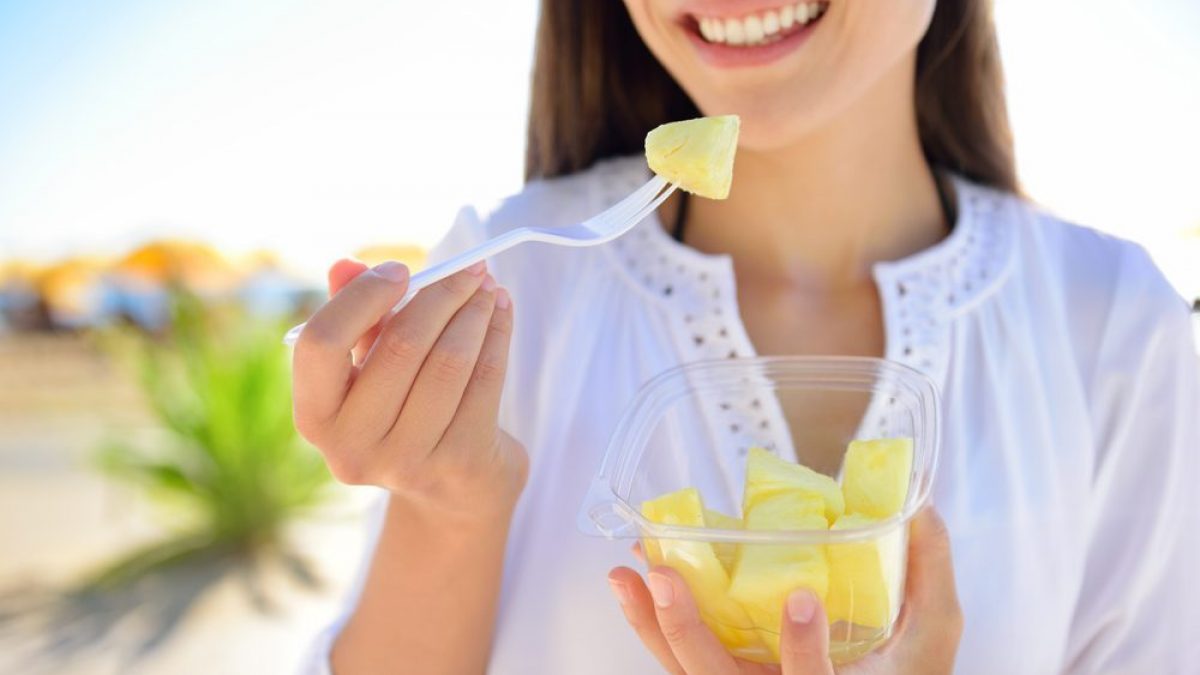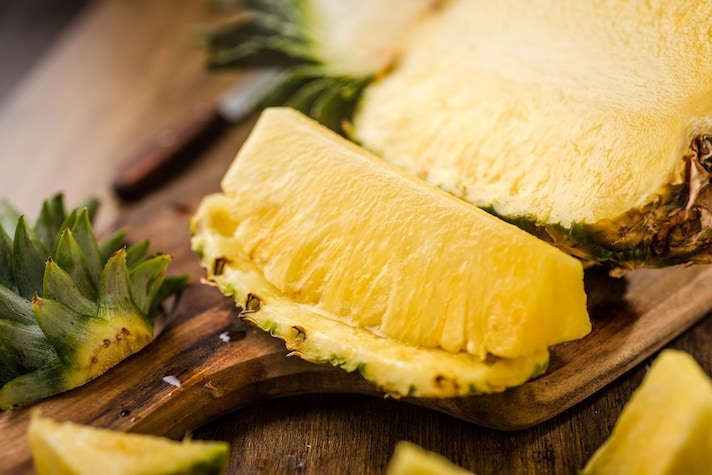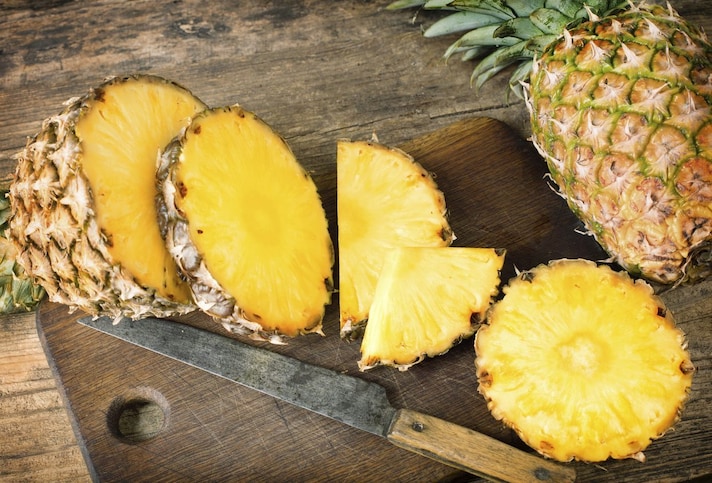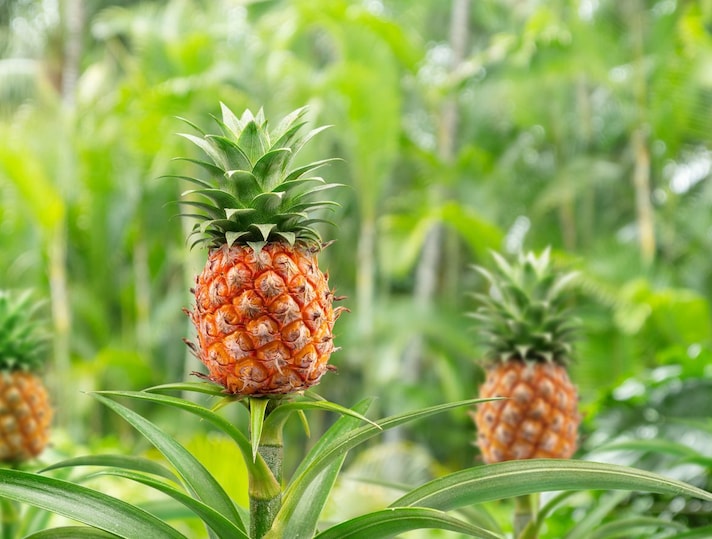
Nothing symbolizes summer like pineapple, a tropical fruit now widespread throughout the world and one of everyone's favorite summer fruits: sweet yet slightly tart, incredibly fresh, and incredibly beneficial, pineapple is delicious sliced, but also used as an ingredient in savory recipes (ever tried pineapple chicken? It's delicious) or in sweet recipes, from parfaits to fritters. You've surely noticed, when tasting pineapple, that it has a peculiarity when you eat it: when you chew it, it leaves a strange feeling in your mouth, as if it were tingling your tongue. This sensation is real; you're not being shocked, and it happens especially if you eat the inner or outer part of the fruit, and it's an effect that usually disappears within a few minutes. But why does this phenomenon occur? The tingling sensation caused by pineapple is due to two specific characteristics of the South American fruit: the presence of bromelain and raphides, two elements that cause this tingling effect.

Bromelain, the Primary Cause of Itching
The primary cause of the tingling sensation pineapple leaves on the tongue is bromelain, an enzyme complex that acts on proteins, breaking them down into amino acids. This is a unique characteristic of pineapple, which is also being studied by scientists working on drug development. Bromelain, extracted from pineapple, is extremely useful in pharmaceutical applications, which is why its market is growing so rapidly, as explained by Professor Alessandro Colletti, a pharmacologist at the University of Turin who studied the phenomenon in a study published in the MDPI.
But what does all this have to do with the tingling sensation you feel on your tongue? The tingling sensation is simply a side effect of bromelain, which breaks down the proteins in mucin, the protective layer of the mucosa in our mouth, and is made even more acute by the fruit's natural acidity, which particularly affects this factor. The tingling sensation that develops on the tongue does not cause problems for humans, both because the concentration in a piece of fruit is not that high, around 500 micrograms per milliliter, and because it is simply a natural enzymatic action, and in fact it lasts just a few minutes and then disappears naturally.

Raphides, "Needles" in the Pineapple Pulp
Bromelain isn't the only cause of the tingling sensation you feel when you eat pineapple: raphides, tiny needle-like crystals that make up the fruit's pulp, are also culprits. These microscopic prickles are used by some plant species as protection against attacks by herbivorous animals (they're also present in raw spinach, rhubarb, and kiwi, for example), which are supposed to cause small cuts in the mouth and then release irritants. The crystals therefore act as a natural defense weapon, but they don't have this effect on us; they simply generate a stinging sensation when they come into contact with the epithelium lining the tongue, because the tiny barbs pierce the cell membranes. While the effect of bromelain is felt primarily on the tongue and palate, the effect of raphides is more noticeable in the esophagus, because chewing breaks down the cells more thoroughly and so pineapple can also cause a slight tingling in the throat.

;Resize,width=767;)
